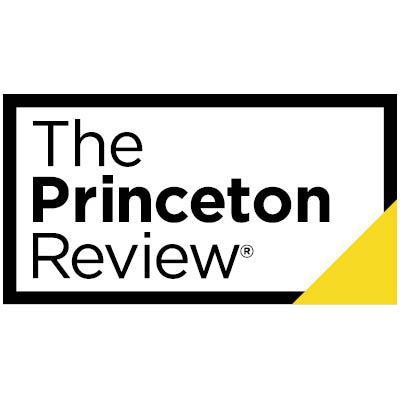Parental Insight Into Pandemic Isolation and the Framing of My Course
September 11, 2020

By Annette Finley-Croswhite
Nearly three weeks ago I watched my son walk away from me. My husband and I got in the car and drove off, leaving him at a top research university for his freshman year. We had planned to drive home right away but opted to stay around another night. Sure enough, my mother's intuition was right. He needed to see us again the next day. I had left my son, it is understood, not just on a college campus, but also on a pandemic landscape. Throughout the nation, as colleges and universities reopen this fall, they do so amid the spread of the dangerous coronavirus, with all the administrative complications and personal anxieties that generates.
Over the last three weeks I have communicated with my son via cellphone more than I have talked to him in person over the last four years. And what I have learned from him, I believe, has given me precious insight into the student mind, information worth sharing with my colleagues here at Old Dominion University.
My son looked forward to beginning his freshman year in college as much as I did starting mine decades ago. He wanted to live in the dorm, meet new people and be inspired in his classes. He had already met numerous future freshmen in chat groups, and he anticipated getting to know them in person. He couldn't wait to get to campus.
Upon his arrival, however, everything changed. So many of those online friendships didn't materialize into anything, because in the end many students opted not to come to campus at all. One girl he hoped to meet got to campus, saw students not wearing masks, and left in a hurry, giving up her dorm room to return home. Trying to make friends proved difficult. The various clubs and freshman orientation events that usually attract students and give them spaces to mingle were canceled or held online. Departmental events appeared nonexistent or were delayed, I was told, until October or November. And some class sessions he had prepared for were canceled because of Zoom issues, reducing his opportunities to talk with others, albeit in class and online. Student parties occurred, but without social distancing or masks, and those events made my son apprehensive. Thus, he found himself trapped in his dorm room, isolated and alone, facing mountains of reading that he hadn't anticipated either, and no one to talk to - well, except Mom!
Three weeks in, things are a bit better, although the isolation remains significant. My son has switched up some classes, searched out every conceivable angle to meet people safely and resigned himself to the difficulties at hand. He is resilient, but it hasn't been easy for him or for me.
What I realized my son needed most was people to talk to. It seems the R1 he is attending has thought of many things, but perhaps not enough about the isolation factor. Frankly, his school seems more concerned, understandably I guess, with students who are breaking rules to party as opposed to those who are obeying rules but are subsequently left all alone. As I looked toward my own fall semester, I began to realize that one of the best things I could do for my students at ODU was give them a space to talk and ways to make connections with each other.
Many of us have acquired fantastic technology skills over the last few months. I've prepared numerous videos to enhance my online course and also revised content to make it more culturally competent. But until I could experience my son's pain, I hadn't given much thought to the communication piece. As director of the Center for Faculty Development, I have spent months encouraging faculty to be empathetic with students. I have talked about mental health and the stresses the pandemic creates and discussed the importance of flexibility and compassion and a movement away from strict deadlines or proctored exams. But as a faculty member, I had never stared into COVID-19 much as a student might, especially not as a brand-new freshman standing alone on a university campus disrupted by disease.
As a result, I have revised my syllabus again with the express purpose of creating a slower pace initially and carving out more time for students to communicate and collaborate in the first weeks, using their own prior knowledge as a way to get class rolling before I jump into the heavy content. And I have begun working with my department to create online events where students can get to know each other and their faculty. I have approached the opening of the course and semester with these questions: What can I do as a teacher to forestall student isolation? How can I create a healthy and personable environment even while online or social distancing? What can I do at Old Dominion University to ensure my students don't go through their first few weeks of school feeling alone? How can I make it better for them?
I've been a content-heavy instructor all my life. My students often say, true or not, that they read more for my class than for others. Even so, I'm not concerned right now with how many pages I assign. Happy students will ingest content better, and unhappy students will struggle to keep up. At this moment in my life, I see my teacher role differently. What I'm offering in my online course this semester is in-person, instructor-generated support to create a classroom community that, while part of the campus pandemic landscape, is nonetheless rich in engagement and conversation to counter the loneliness that COVID-19 has brought. Living in time with this pandemic has caused me to realize that communication is the critical factor for engaging student well-being and, thus, learning.
What we all might need to realize is that for isolated students, our classes and department events may be their lifeline to sociability and community as well as learning.
Annette Finley-Croswhite is the director of Old Dominion University's Center for Faculty Development




